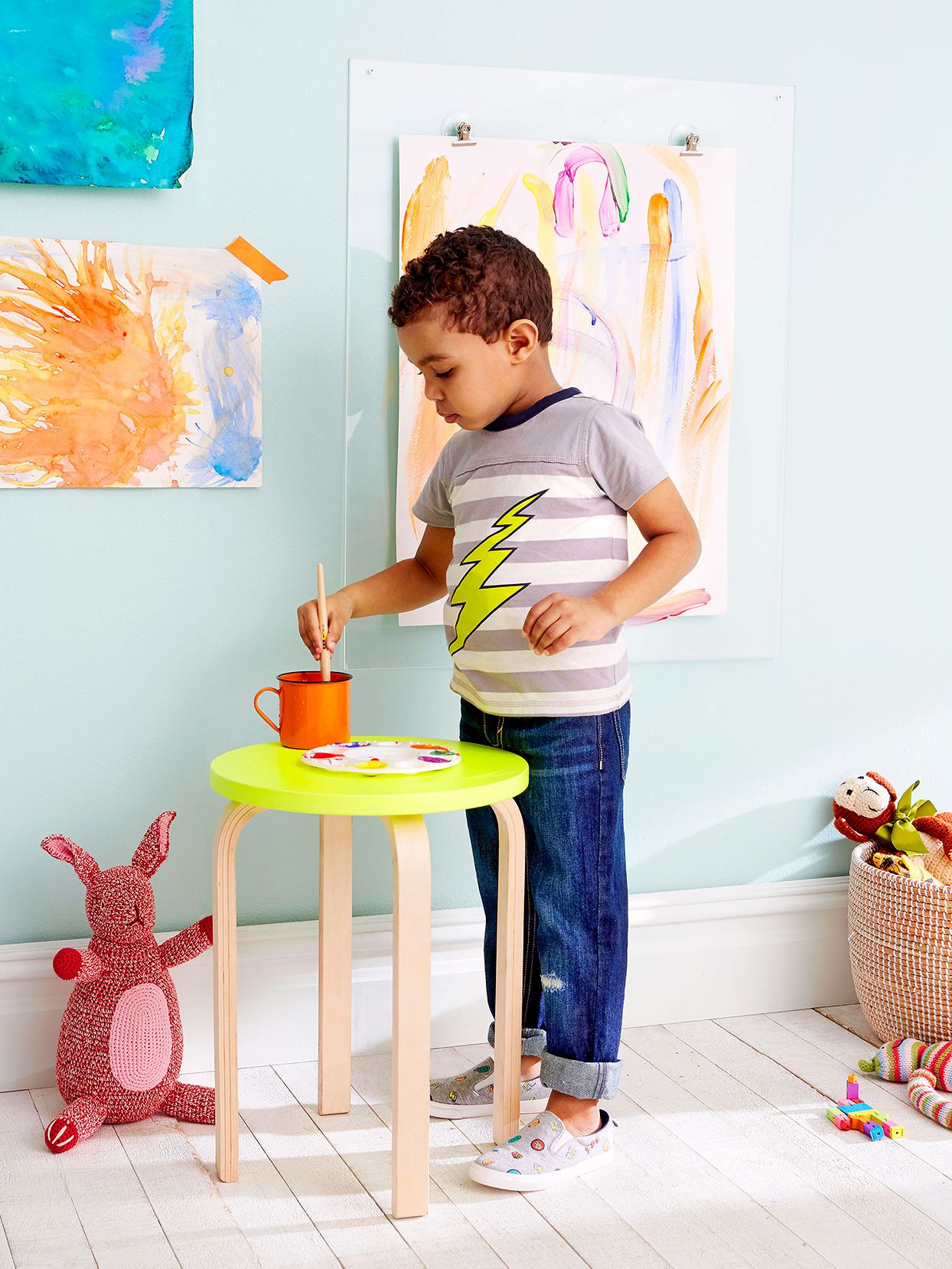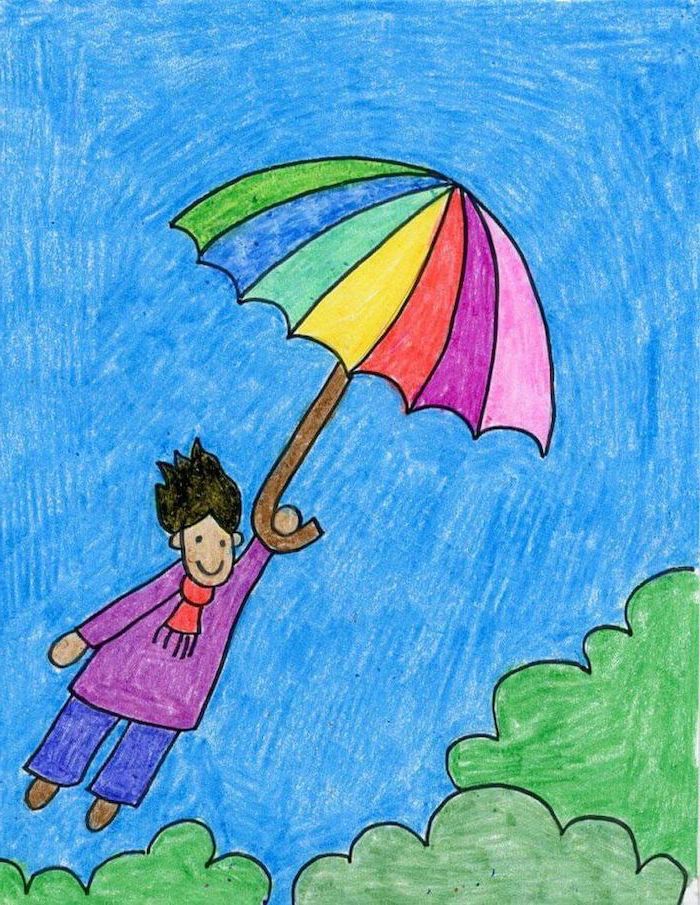Skill Building
Creativity Imagination
A platform for young innovators to learn next gen tech skills

Creative Thinking & Imagination for Child Development
Einstein said, “Imagination is more important than knowledge.” Imagination is the door to possibilities. It is where creativity, ingenuity, and thinking outside the box begin for child development. Imaginative and creative play is how children learn about the world. During imaginative play, children manipulate materials, express themselves verbally and non-verbally, plan (intentionally or unintentionally), act, interact, react, and try different roles. Great opportunities for learning are possible when children participate in creative play with dolls, vehicles, blocks, rocks, cardboard, or boxes. Employing creative thinking while manipulating play dough, creating recipes by mixing dirt and water, working with art materials, splashing in puddles, or pretending to fly can further child development.
Creativity for Kids: Tips for Nurturing Creative Minds
Below are tips and suggestions for nurturing your child’s imagination and creativity:
- Spend time outdoors. The benefits of nature for child development are endless.
- Invent scenarios. Encourage your child to play house, doctor, zoo, farm, space station, school, or store.
- Verbal activities. From rhymes to riddles, silly sounds to phonics, games such as “I Spy” or making up lyrics to common tunes, verbal interactive activities can inspire and nurture creative minds.
- Encourage art activities. Through painting, sculpture, collage, clay, drawing or any other medium, art is a way for children to work through emotions, make decisions, and express their ideas.
- Share literacy activities. Make reading time memorable and discuss other possible scenarios or endings for the story by using your child’s imagination.
- Ask open-ended and thought-provoking questions. Asking questions that provoke imaginative and creative thinking is an effective way to invite your child to express his ideas and share his visions.
- Limit screen time (television, movies, computer, tablet, smart phone, handhelds, video games, etc.). Nurturing imagination and parenting in the digital age can be tough.
- Remember to allow for down time. Unstructured, unscheduled time allows children opportunities to imagine and create.



Why Is Imagination Important in Child Development?
Imagination helps boost kids’ social, emotional, creative, physical, linguistic and cognitive development.
Social and Emotional Development
Develop empathy and understanding for others by practicing what it’s like to be someone else.
Creative Development
Imaginative play gives kids the skills they need later in life for creative problem solving and an appreciation for artistic endeavors.
Physical Development
Imaginative play can give lots of practice for both gross and fine motor skills, especially for younger kids.
Language Development and Communication Skills
Kids experiment with language and vocabulary when they pretend to be others, learning how to use words appropriately and communicate with peers.
Thinking and Problem Solving
All sorts of creative problem-solving abilities are applicable during imaginative play.
Get Started
It’s Never Too Late or Too Early to Get Started
Robonauts India is a pioneer in the field of Robotics education, our programs/Courses are globally acclaimed and have gained applaud from schools/Colleges, parents, and students.
